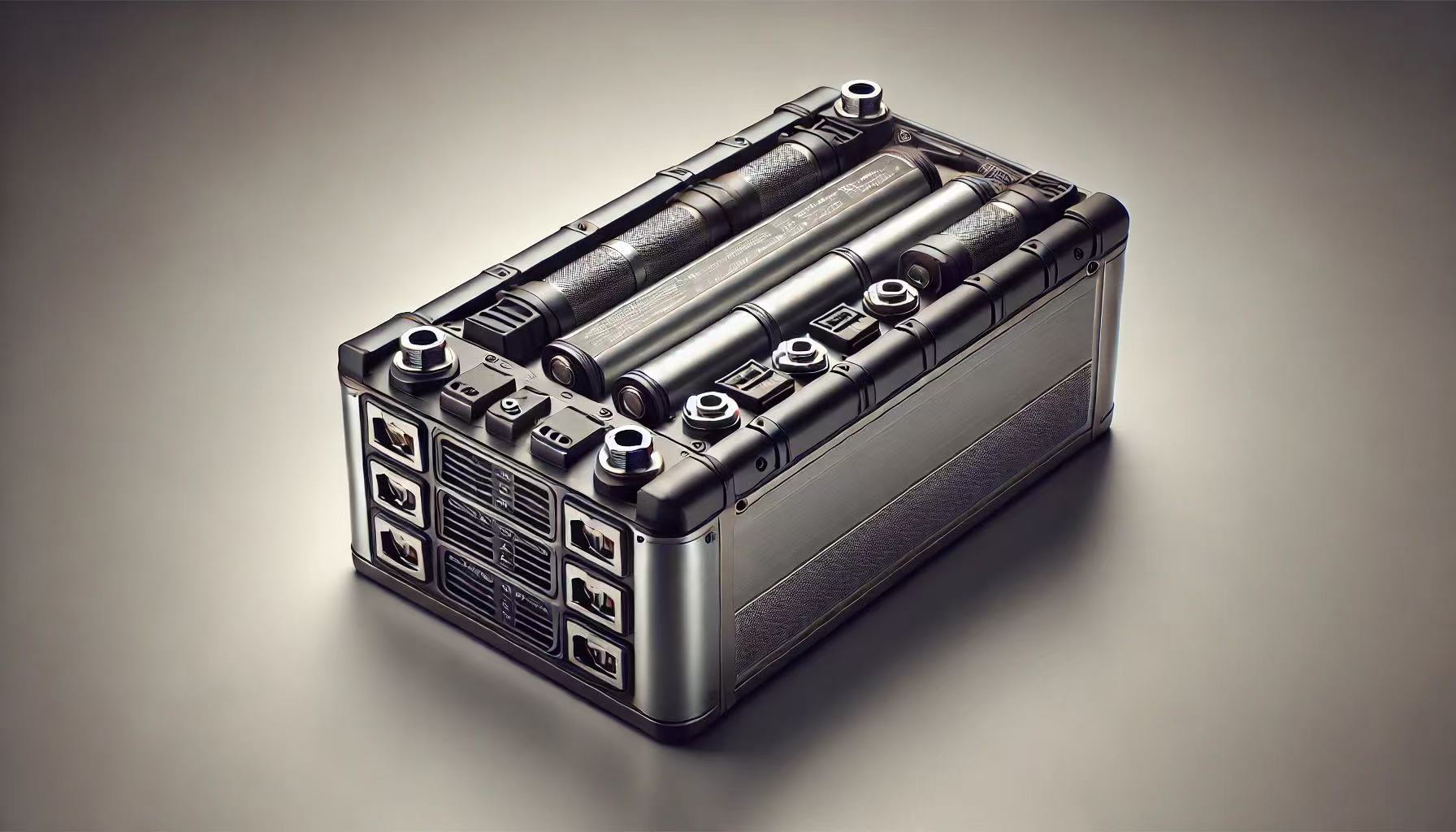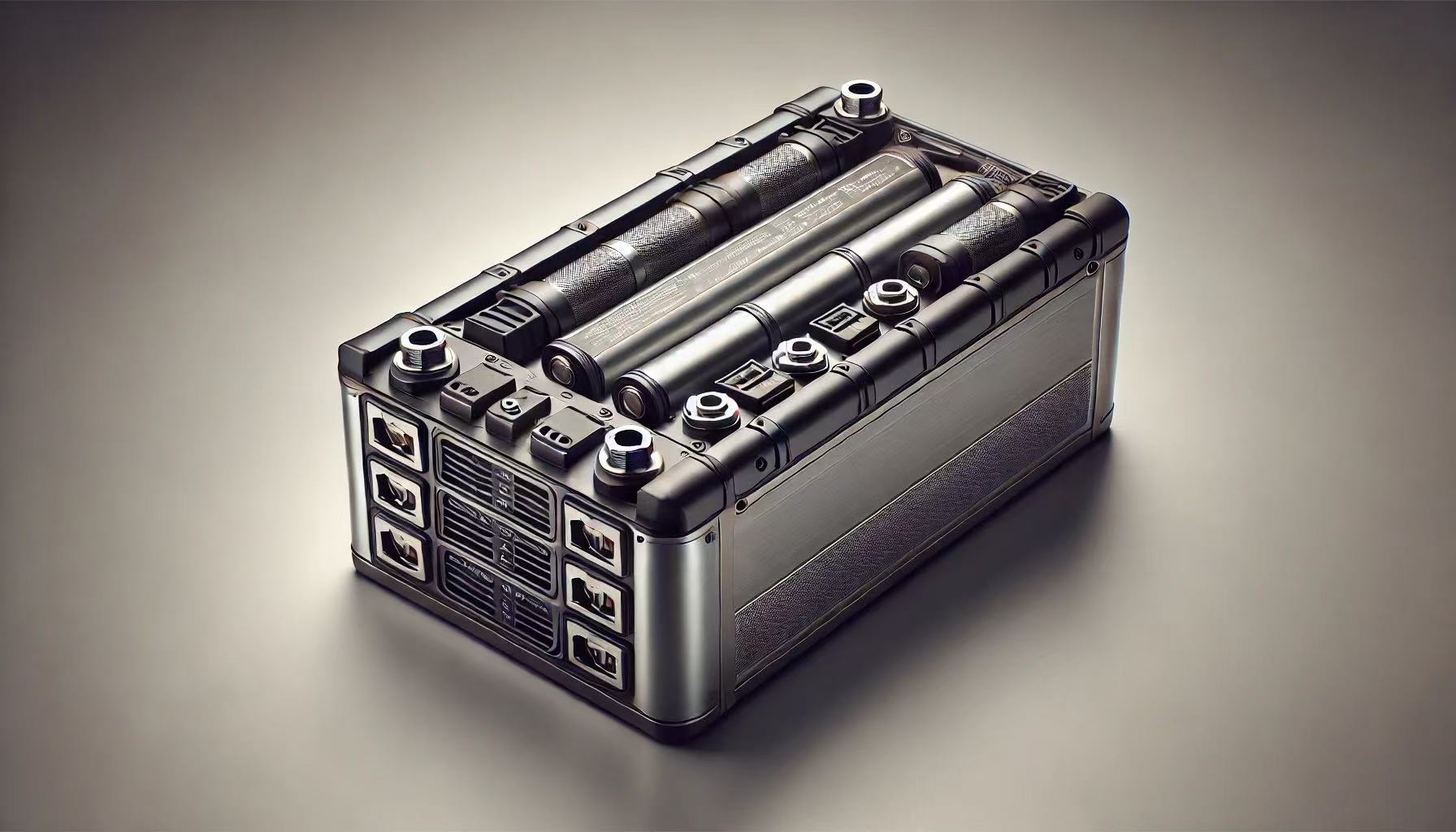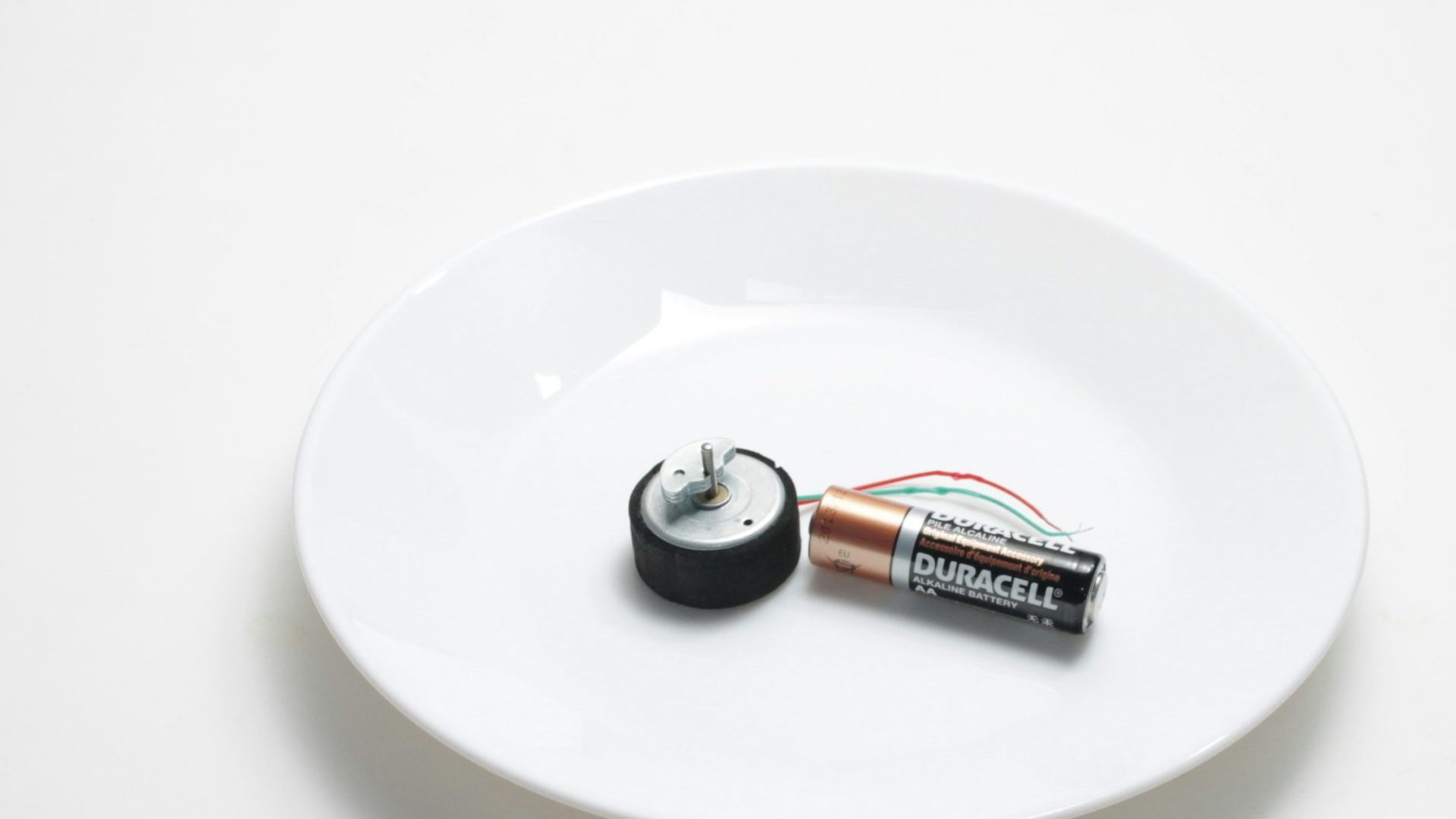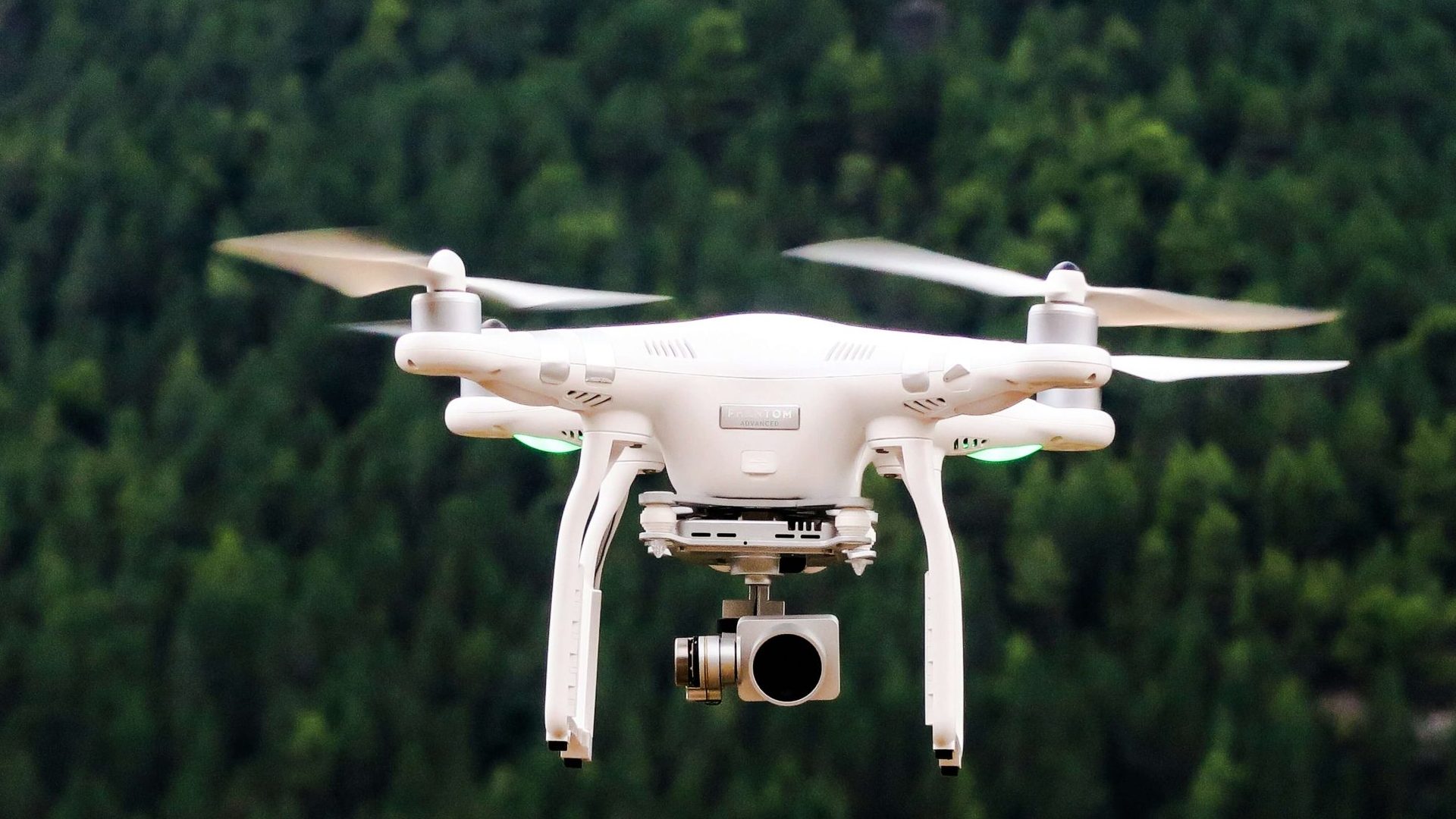
China is a global powerhouse in manufacturing, and its battery industry is no exception. With the ever-growing demand for energy storage and power solutions, Chinese battery manufacturers have established themselves as leaders in the field, catering to industries ranging from electric vehicles (EVs) to renewable energy storage and consumer electronics. In this article, we will explore the top 10 battery manufacturers in China, highlighting their strengths, product offerings, and the role they play in shaping the global battery market.
Top 10 Battery Manufacturers in China
| Rank | Battery Manufacturer | Main Characteristics |
|---|---|---|
| 1 |
CATL (Contemporary Amperex Technology Co. Limited) |
A global leader in lithium-ion battery technology, known for its massive market share and strong partnerships with major automakers like Tesla and BMW. |
| 2 |
BYD (Build Your Dreams) |
A vertically integrated company specializing in lithium iron phosphate (LFP) batteries and a strong focus on clean energy solutions including electric vehicles and solar energy. |
| 3 | Glida Battery |
Known for producing high-performance lithium batteries with a commitment to sustainability and providing diverse solutions for both consumer and industrial markets. |
| 4 |
Gotion High-Tech |
Renowned for its cutting-edge research and development in lithium-ion batteries and significant contributions to both electric vehicle and energy storage solutions. |
| 5 |
Lishen Battery |
A pioneer in China’s battery manufacturing sector, producing high-quality batteries for electric vehicles, consumer electronics, and energy storage applications. |
| 6 |
Svolt Energy Technology |
Backed by Great Wall Motors, Svolt focuses on next-generation lithium-ion batteries for electric vehicles and large-scale energy storage systems. |
| 7 |
Morrow Batteries |
A rapidly growing manufacturer that focuses on producing efficient lithium batteries for electric vehicles and energy storage applications, with a strong emphasis on R&D. |
| 8 |
CALB (China Aviation Lithium Battery) |
Specializes in lithium iron phosphate (LFP) batteries, offering improved safety and thermal stability for electric vehicles and renewable energy storage. |
| 9 |
Farasis Energy |
A competitive player in the lithium-ion battery market, known for its high-quality products for electric vehicles and its innovative energy storage systems. |
| 10 |
PEVE (Powerway Energy Vehicle) |
Focuses on producing high-performance lithium-ion batteries for electric vehicles and diverse industrial applications, with a strong emphasis on innovation and quality. |
1. CATL (Contemporary Amperex Technology Co. Limited)
Company Information
CATL is the world’s largest producer of lithium-ion batteries, founded in 2011. It has established itself as a leader in the EV battery market and has partnerships with several automotive giants, including Tesla and BMW.
Key Products
• Lithium-ion Batteries: Primarily used for electric vehicles, grid storage, and consumer electronics.
• Energy Storage Systems: CATL also provides advanced energy storage solutions for renewable energy integration.
Recommended Reason
CATL dominates the global battery market with its innovative technology, extensive production capabilities, and strategic partnerships with major automakers, ensuring its place as a market leader.
2. BYD (Build Your Dreams)
Company Information
Founded in 1995, BYD is not only a battery manufacturer but also a leader in electric vehicles and renewable energy. The company focuses on lithium iron phosphate (LFP) batteries and has expanded its reach globally.
Key Products
• Lithium Iron Phosphate (LFP) Batteries: These batteries are used in electric vehicles and energy storage systems.
• Energy Storage Solutions: BYD also produces large-scale energy storage systems for commercial and residential use.
Recommended Reason
BYD stands out due to its vertically integrated operations, combining battery production with electric vehicle manufacturing and solar energy solutions, making it a key player in the green energy revolution.
3. Glida Battery (glidabattery.com)
Company Information
Glida Battery has emerged as a leading manufacturer of high-performance lithium batteries. The company focuses on offering advanced energy storage solutions and EV batteries for various applications, becoming a trusted brand in the industry.
Key Products
• Lithium Batteries: High-quality lithium batteries for electric vehicles, power tools, and other high-power applications.
• Energy Storage Solutions: Glida provides energy storage systems suitable for residential, commercial, and industrial use.
Recommended Reason
Glida Battery stands out due to its focus on sustainability, high-quality manufacturing standards, and a diverse product range that meets the needs of both consumers and industries seeking efficient and reliable energy solutions.
4. Lishen Battery
Company Information
Lishen Battery, founded in 1997, is one of China’s earliest battery manufacturers and has evolved into a major player in the lithium-ion battery market, supplying products for electric vehicles and consumer electronics.
Key Products
• Lithium-ion Batteries: These batteries are used in electric vehicles, energy storage systems, and consumer electronics.
• Battery Modules: Lishen provides modular battery solutions used in various industrial applications.
Recommended Reason
Lishen’s long history, solid manufacturing capacity, and continuous innovation have made it a trusted name in the battery industry, offering high-quality and cost-effective battery solutions for various sectors.
5. Gotion High-Tech
Company Information
Founded in 2006, Gotion High-Tech is a leading manufacturer specializing in lithium-ion batteries and energy storage solutions. It is recognized for its strong R&D capabilities and focus on next-generation battery technology.
Key Products
• Lithium-ion Batteries: For electric vehicles, energy storage systems, and other industrial applications.
• Energy Storage Systems: Gotion is involved in providing large-scale energy storage solutions for commercial and industrial sectors.
Recommended Reason
Gotion High-Tech excels in innovation, with a deep focus on research and development to improve battery efficiency, performance, and sustainability, making it a prominent choice in the EV and energy storage sectors.
6. Svolt Energy Technology
Company Information
Svolt Energy Technology, founded in 2018, is a subsidiary of Great Wall Motors and is dedicated to the development of lithium-ion batteries and energy storage systems. It is known for producing high-performance EV batteries.
Key Products
• Lithium-ion Batteries: Mainly used for electric vehicles and energy storage systems.
• Energy Storage Systems: Svolt provides energy storage solutions that support renewable energy applications.
Recommended Reason
Svolt’s focus on advanced lithium-ion battery technology and its strong ties to Great Wall Motors ensure it will remain a prominent player in the growing EV and energy storage markets.
7. Morrow Batteries
Company Information
Morrow Batteries is a fast-growing manufacturer focusing on lithium-ion batteries for electric vehicles and energy storage solutions. The company invests heavily in R&D to improve battery performance.
Key Products
• Lithium-ion Batteries: High-performance lithium-ion batteries designed for EVs and energy storage.
• Energy Storage Systems: Morrow offers modular storage solutions to enhance grid stability and support renewable energy systems.
Recommended Reason
Morrow’s rapid growth, driven by its investment in R&D and focus on high-efficiency batteries, positions it as a competitive player in the energy storage and electric vehicle sectors.
8. CALB (China Aviation Lithium Battery)
Company Information
Founded in 2007, CALB specializes in lithium iron phosphate (LFP) batteries. It has become a leading supplier for both the electric vehicle and renewable energy industries.
Key Products
• Lithium Iron Phosphate (LFP) Batteries: These batteries are used in electric vehicles and renewable energy storage systems.
• Energy Storage Systems: CALB also offers advanced energy storage solutions for various industrial applications.
Recommended Reason
CALB is recognized for its focus on safety and stability with LFP technology, which makes it a preferred choice for electric vehicles and energy storage solutions worldwide.
9. Farasis Energy
Company Information
Founded in 2009, Farasis Energy has quickly become one of China’s leading battery manufacturers, specializing in lithium-ion technology for electric vehicles and energy storage applications.
Key Products
• Lithium-ion Batteries: Used in electric vehicles, energy storage systems, and other applications requiring high performance.
• Energy Storage Systems: Farasis also provides modular energy storage solutions for commercial and residential use.
Recommended Reason
Farasis Energy is known for its competitive pricing, high-quality products, and innovative solutions, making it a reliable choice for both electric vehicle manufacturers and energy companies.
10. PEVE (Powerway Energy Vehicle)
Company Information
PEVE, also known as Powerway Energy Vehicle, focuses on providing high-performance lithium-ion batteries for electric vehicles and industrial applications. The company emphasizes innovation in its battery technology.
Key Products
• Lithium-ion Batteries: PEVE manufactures batteries for electric vehicles, energy storage systems, and other industrial uses.
• Energy Storage Systems: The company offers energy storage solutions for residential, commercial, and industrial sectors.
Recommended Reason
PEVE is a highly innovative manufacturer, offering a wide range of battery solutions and ensuring high-quality products that meet the demands of the modern energy and transportation sectors.
How to Import Battery Packs from China: Ultimate Guide
China has established itself as the world’s manufacturing hub for many products, including battery packs. Whether you’re looking to import lithium-ion battery packs for electric vehicles (EVs), renewable energy storage, or consumer electronics, China remains one of the most reliable and cost-effective sources. However, importing battery packs from China requires careful planning and knowledge of the processes involved. This guide will walk you through the entire process, from finding the right supplier to dealing with customs regulations and shipping.
1. Understanding the Market and Types of Battery Packs
Before diving into the process of importing battery packs from China, it’s crucial to understand the different types of battery packs available in the market:
• Lithium-Ion Battery Packs: The most common type of battery pack used in electric vehicles, energy storage systems, and consumer electronics.
• Lithium Iron Phosphate (LFP) Battery Packs: Known for their thermal stability and safety, LFP packs are gaining popularity, especially for electric vehicles and renewable energy storage.
• Lead-Acid Battery Packs: Although less efficient than lithium-ion batteries, lead-acid batteries are still used in certain applications due to their lower cost.
Once you identify the type of battery pack you need, you can start researching Chinese suppliers that specialize in that particular category.
2. Finding Reliable Battery Suppliers in China
The next step in the process is finding a trustworthy supplier for your battery packs. With thousands of manufacturers in China, it can be overwhelming to choose the right one. Here’s how to find reliable suppliers:
a. Use B2B Platforms
There are many B2B (business-to-business) platforms where you can find reputable suppliers:
• Alibaba: The largest platform connecting global buyers with Chinese suppliers. Always check reviews and ratings of the suppliers before proceeding.
• Made-in-China: Another popular platform for sourcing products directly from manufacturers.
• Global Sources: A platform that offers a wide range of battery manufacturers with verified credentials.
b. Attend Trade Fairs
Trade fairs such as the Canton Fair and the China International Battery Fair provide an excellent opportunity to meet manufacturers face-to-face, inspect their products, and negotiate better deals.
c. Check Certifications
Make sure the supplier has the required certifications for battery manufacturing, such as ISO9001 (quality management) and ISO14001 (environmental management). Additionally, batteries exported to the EU or the USA may need to meet specific safety and environmental standards like CE or UL.
d. Request Samples
Always ask for samples before placing a large order. This will help you assess the quality of the batteries, packaging, and performance in real-life conditions.
3. Negotiate Pricing and Terms
Negotiating with Chinese suppliers is essential to ensure that you get the best price for your battery packs. Here’s what you should focus on during negotiations:
• Pricing: Understand the price per unit, as well as potential bulk order discounts. Be mindful of shipping costs, as batteries are heavy and shipping charges can be significant.
• Minimum Order Quantity (MOQ): Some suppliers may have high MOQs, so negotiate this based on your business needs.
• Payment Terms: Most Chinese suppliers will ask for a deposit (usually 30-50%) upfront, with the remaining balance due before shipment. Ensure that the payment terms are clear, and use secure payment methods like PayPal, T/T (telegraphic transfer), or L/C (letter of credit).
• Lead Time: Battery manufacturers may require a few weeks to several months to fulfill orders, depending on their production capacity and order size. Make sure you’re aware of the lead time before placing an order.
4. Ensure Product Quality and Safety Standards
The quality and safety of battery packs are paramount, especially in industries like electric vehicles and energy storage. Here are the steps to ensure the battery packs meet your standards:
a. Request Product Certifications
Ensure that the battery packs meet international safety standards, including:
• CE Certification: For sales in the European Union.
• UL Certification: Commonly required for sales in the United States.
• RoHS Compliance: Ensures that the product is free from hazardous materials.
• UN38.3: This is crucial for the safe transport of lithium-ion batteries and must be verified by the supplier.
b. Factory Audits and Inspections
If possible, perform factory audits or hire a third-party inspection company to ensure that the factory adheres to safety standards. This is especially critical when importing batteries for high-stakes applications like EVs.
c. Quality Control Checks
Make sure that the supplier performs regular quality control checks throughout the manufacturing process. Request a report on testing, including battery performance, safety, and lifespan.
5. Understand Shipping and Logistics
Shipping lithium batteries involves additional regulations due to their hazardous nature. Here’s what you need to know when shipping battery packs from China:
a. Choose the Right Shipping Method
Battery packs are typically shipped via:
• Sea Freight: The most cost-effective but slower method. Ideal for larger orders.
• Air Freight: Faster but more expensive. It’s essential to check with the supplier if air transport is allowed for the type of battery you are importing, as certain types of batteries are restricted by air freight.
b. Customs Regulations
Importing batteries requires adherence to specific customs regulations:
• Hazardous Material Handling: Ensure your shipping company can handle the hazardous material declaration required for shipping lithium batteries.
• Customs Duties and Taxes: Depending on your country, you may be required to pay customs duties or VAT. Research your country’s regulations for importing batteries to avoid unexpected costs.
c. Shipping Documentation
Ensure that the supplier provides all the necessary shipping documentation, including:
• Commercial Invoice
• Packing List
• Certificate of Origin
• Bill of Lading
• Dangerous Goods Declaration (for lithium batteries)
6. Clearing Customs and Receiving Goods
Once your battery packs arrive in your country, the next step is clearing customs. Here’s what you should do:
a. Hire a Customs Broker
A customs broker can help you navigate the complicated import process and ensure that all necessary tariffs and taxes are paid. They can also help you comply with local regulations for battery imports.
b. Pay Customs Duties and Taxes
Customs duties and taxes vary by country and the type of battery being imported. Make sure you have enough funds to cover these costs.
c. Receive and Inspect the Goods
Once the battery packs are cleared, inspect them for any damage during transport. If everything is in order, you can move forward with integrating the batteries into your products or selling them.
7. After-Sales Support and Warranty
Ensure that the supplier offers after-sales support, including warranty services. This is important in case the battery packs fail to perform or have defects. Negotiate the warranty terms beforehand and confirm that the supplier will provide replacements or repairs if necessary.



